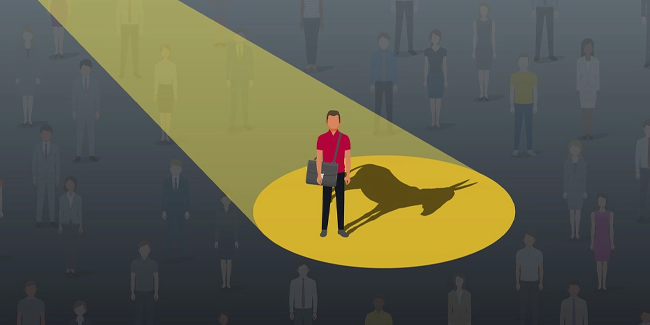BPI warned its clients against “money mule” scams.
BPI — On Wednesday, the Bank of the Philippine Islands said that clients should be careful as the number of “money mule” scams increased.

BPI chief digital officer Noel Santiago said that “money mule” was a form of money laundering scheme that facilitated the transfer of illegally obtained money on behalf of someone else and was punishable by law.
According to Santiago, unbanked Filipinos were at greater risk of being exploited as “money mules”. Based on BSP’ 2019 record that more than 51 million adult Filipinos remained unbanked.
“In the last couple of years, as we shifted to a more digital lifestyle, we made it more convenient for legitimate clients to be onboarded, to be accepted in the financial industry,” Santiago said. “Now this is where those criminal minds saw an opportunity and say, ‘Maybe I can create digital accounts that can be used as a mule account’.”

This was prohibited under the Anti-Money Laundering Act of 2021, punishable with hefty fines, jail time, and account closure.
Santiago said that criminals also recruited people with existing accounts in exchange of money and fraudsters “borrowed” the account of the victims in order to receive a remittance from another person, adding that they used social media to advertise.
According to the Bank of the Philippine Islands, it had been working with the Bankers Association of the Philippines (BAP) in order to strengthen the country’s cybercrime law.
Santiago said that the mobile number registration will help in order to curb the fraudulent scheme.
READ ALSO: BSP Working To Establish National Approach vs Cyber Fraud
Earlier, the Bangko Sentral ng Pilipinas (BSP) said that online fraud costs consumers around PHP 540 million in 2021 alone.
The central bank previously said that it was working with financial institutions and industry players to establish a national approach against cyber fraud.
Some of the Philippines’ big banks were hit by other types of cybercrimes last year.
For more news and updates, you may feel free to visit this site more often. You may also visit Newspapers.ph via our official Facebook page and YouTube channel.
